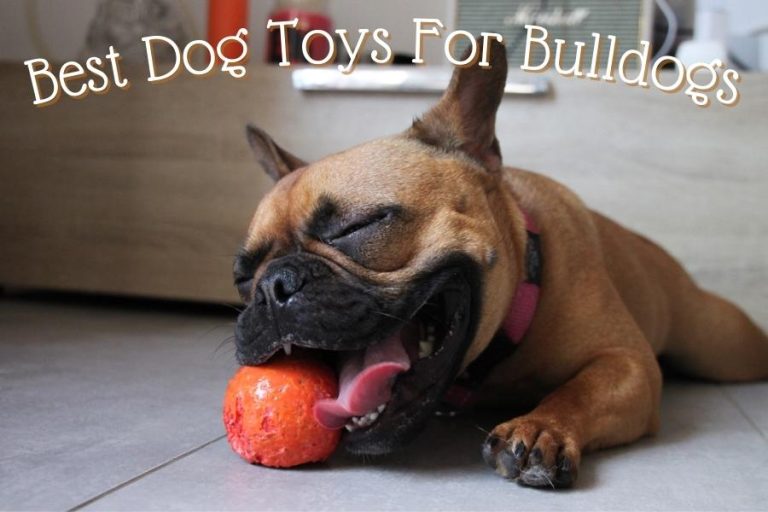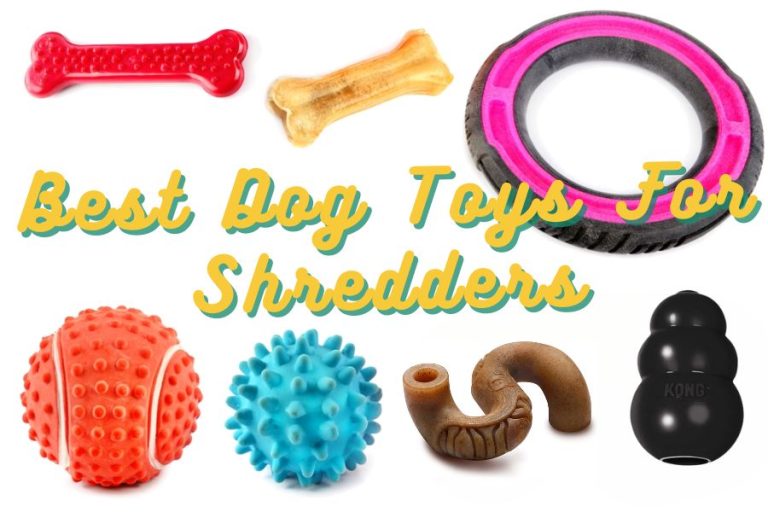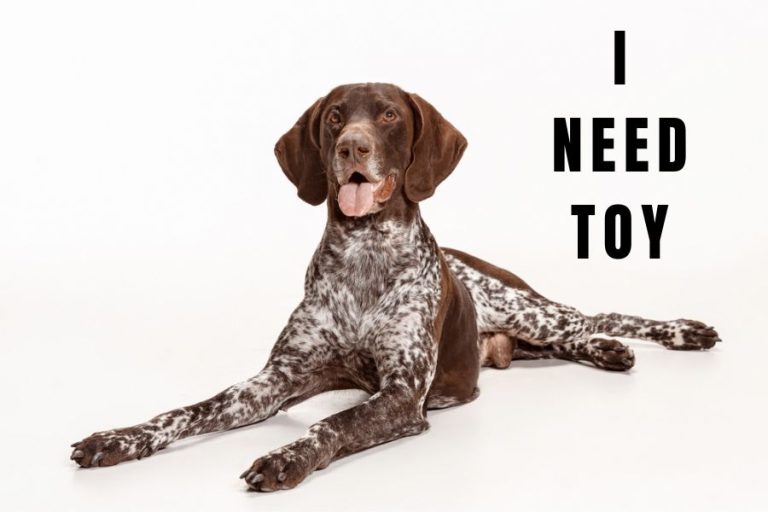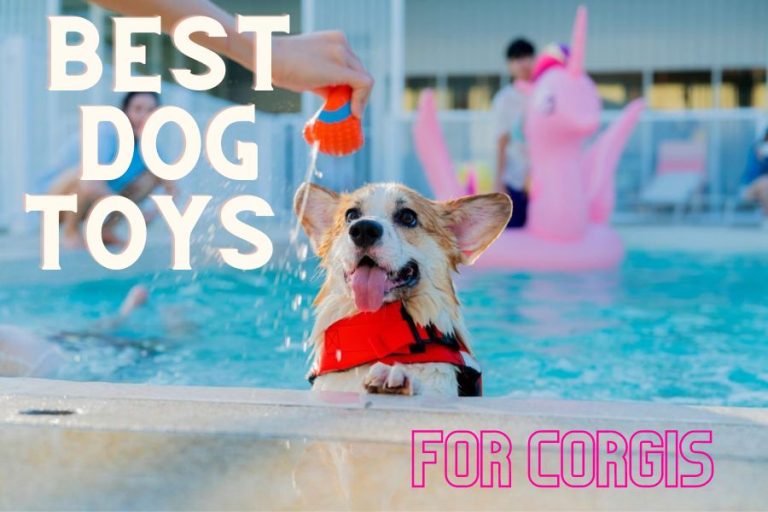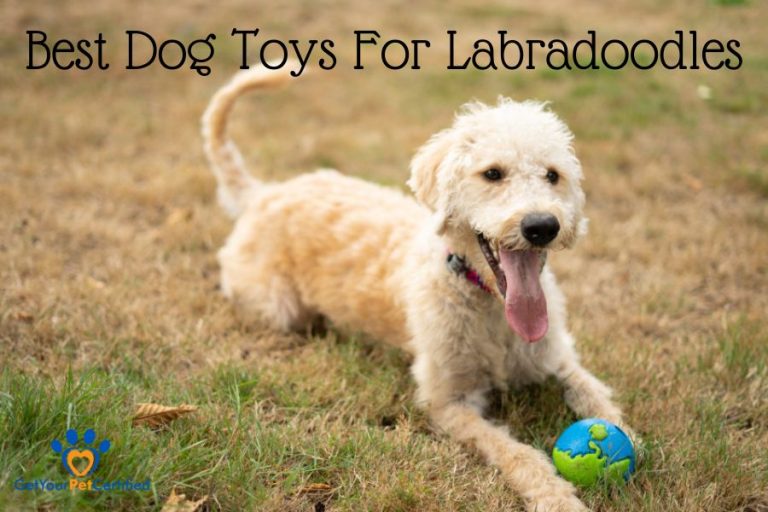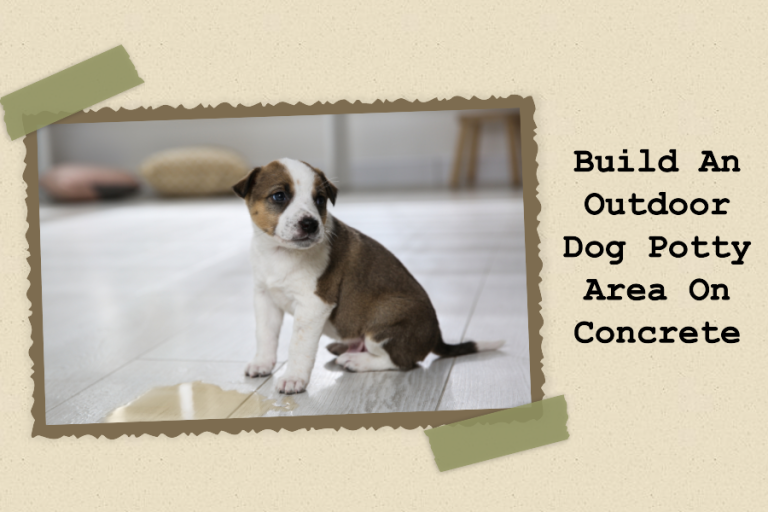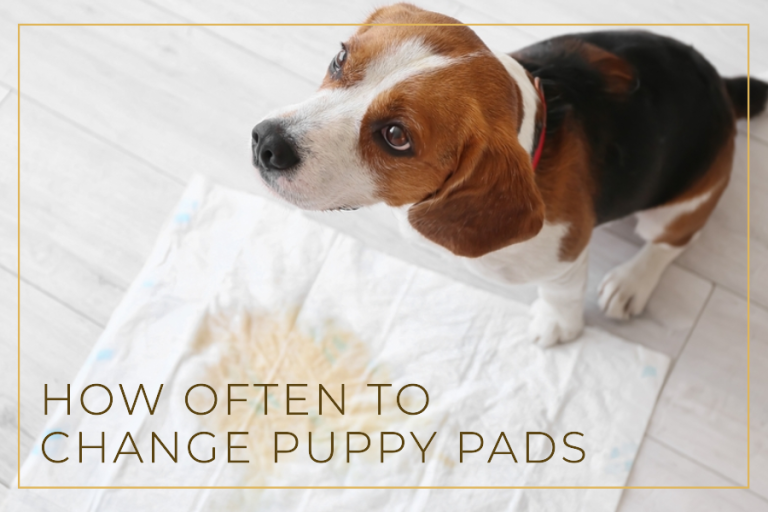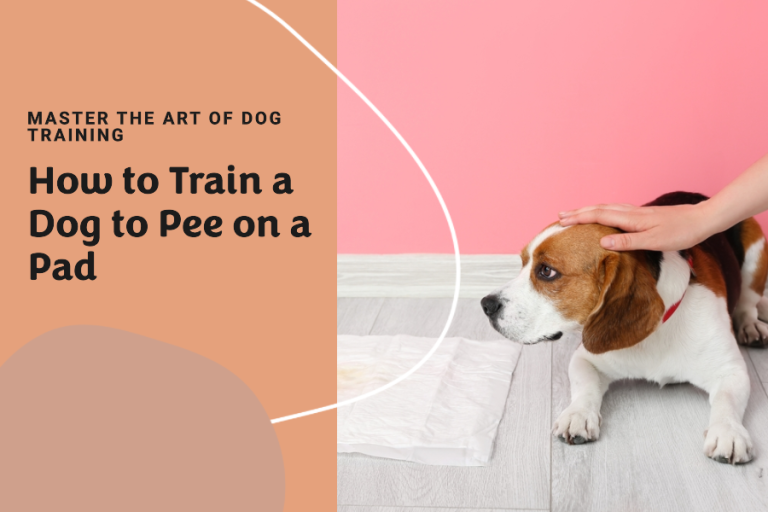Do Poodles like dog toys? – Playful Poodles
Poodles love to play, whether it’s with their intelligence or boundless energy. Explore the delightful bond between Poodles and dog toys.
Poodles have captured the hearts of dog lovers worldwide for their elegance and intelligence. Beside their stately good manners and refined attitude, which often steal the spotlight, they are also known for their enthusiastic and playful nature. As a pet owner, One question that frequently arises in their minds : “Do Poodles like dog toys?”.
In this exploration, we will explore the significant role these toys play in their physical and mental well-being. Moreover, we will understand further the intrinsic bond between Poodles and dog toys.
Poodle characteristics
Poodles’ natural instincts and temperament play a significant role in influencing their interest in dog toys:
High Intelligence
Poodles are highly intelligent and trainable dogs. Their intelligence contributes to their interest in dog toys that offer mental stimulation. In his book “The Intelligence of Dogs,” Poodles ranked second out of 138 breeds, indicating a high level of intelligence.
Poodles were included in the study and consistently demonstrated strong problem-solving skills and memory retention. Many Poodle owners and trainers attest to their breed’s exceptional intelligence.
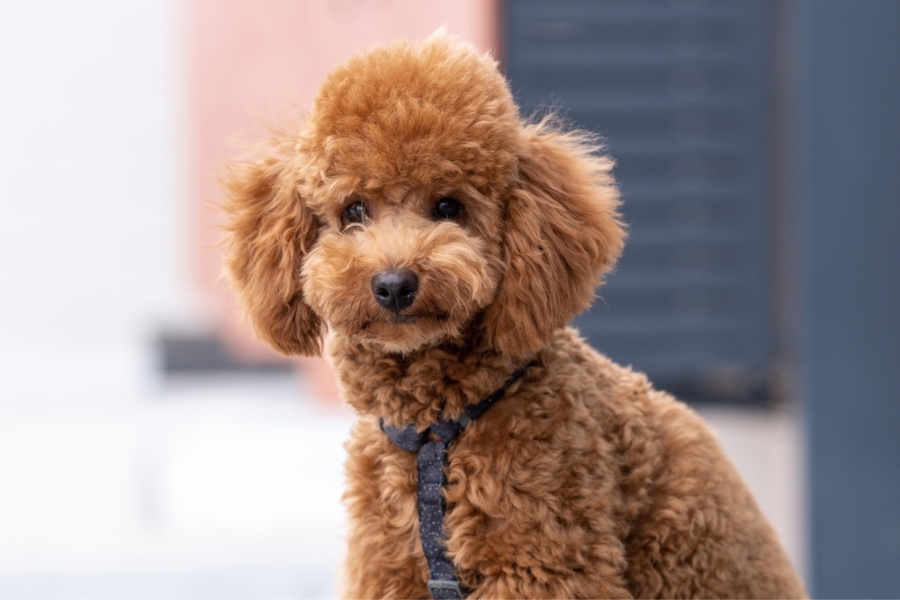
Retrieval Instinct
Poodles, especially Standard Poodles, were specifically bred for their exceptional retrieving abilities. This instinct remains strong within the breed, even in the absence of real hunting scenarios, and is deeply ingrained in their genetic makeup.
They find great pleasure in chasing after a thrown toy and retrieving it, fulfilling their instinctual desire. This innate drive to retrieve objects and bring them back to their owners makes them naturally inclined to enjoy fetching toys.
Curiosity and Exploration
Poodles are naturally curious dogs and have a tendency to explore their environment. This curiosity-driven nature fuels their interest in exploring and playing with a variety of toys. Due to the fact that dog toys that offer different textures, sounds, or hidden compartments encourage them to investigate and interact with the toys.
As hunting and retrieving dogs, Poodles were bred to have endurance and stamina. They often enjoy interactive play with their owners or other dogs. Toys offer a means for Poodles to channel their energy constructively, mimicking the activities they would have performed in their original hunting and retrieving roles.
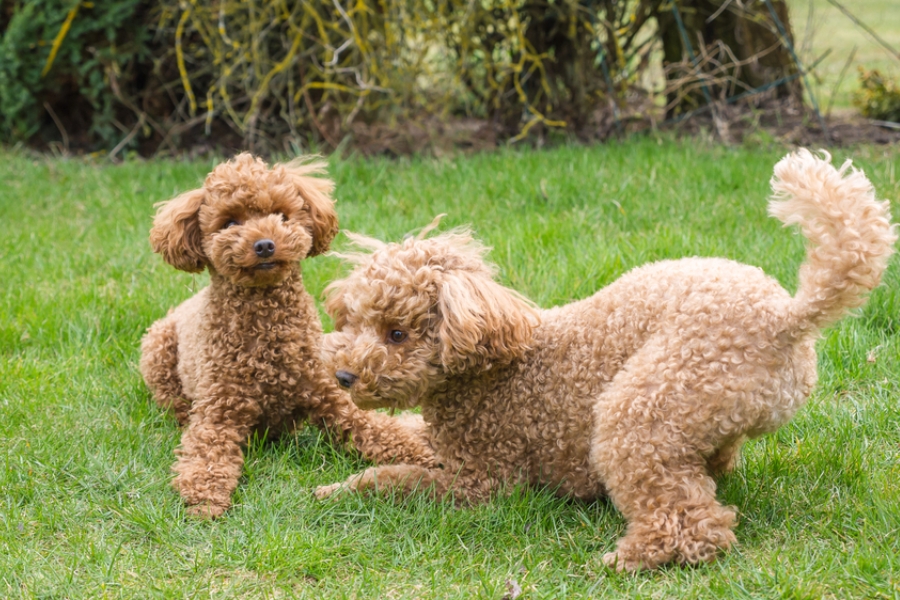
Some of the unique traits of poodles
Poodles are known for their playful and energetic nature. Here are some of their unique traits:
- High Energy and stamina
- Playfulness and zest for life
- Intelligence and problem-solving abilities
- Trainability and obedience
- Sensitivity and emotional bonding
- Agility and gracefulness
Types of dog toys
What kinds of toys are available, and which ones do poodles typically enjoy the most? What are the benefits of each type of toy, and how can they help with training and development?
Cognitive Stimulation
Poodles are exceptionally intelligent dogs and thrive on mental challenges.
Puzzle Toys
To solve the puzzle, the dog must either move the toy in some way or find the hidden treat or toy within. Puzzle toys are made to test how well a Poodle can solve problems.
These toys are great because they prevent kids from getting bored and help them acquire important cognitive and problem-solving abilities.
Treat-Dispensing Toys
These toys can help train dogs by giving them treats as positive reinforcement. This helps dogs learn commands and build focus. Toys that provide goodies are considered interactive since they challenge the Poodle’s intelligence and encourage them to use their problem-solving skills.
When playing with these toys, dogs think about their owners and correlate them with good things.
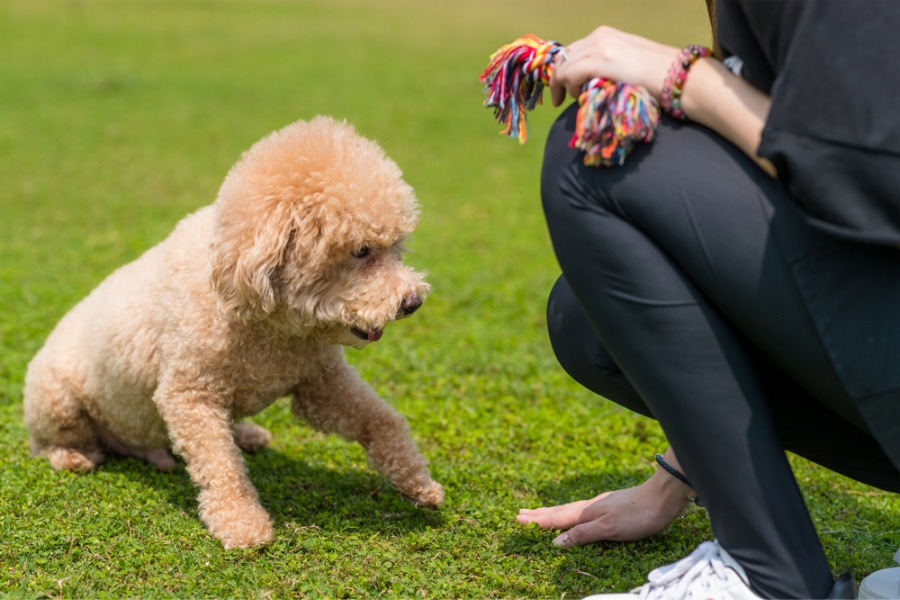
Exercise and Physical training
Engaging with dog toys often involves physical activity, which is crucial for a Poodle’s well-being.
Tug Toys
These toys are great for team building, sociability, and physical activity. They are designed so that you and your Poodle may have fun together while playing.
Games of tug-of-war are great for improving jaw strength and agility, as well as for encouraging regulated play that is great for reinforcing obedience training and biting restraint.
Fetch Toys
Interacting with fetch toys can help Poodles get in shape, improve their balance, and build their bond with their owners.
Poodles may get plenty of exercise and mental stimulation by playing fetch with a ball or frisbee. These toys satisfy their natural need to retrieve and provide them with a way to burn off their boundless enthusiasm.
Bonding and Emotional Fulfillment
Dogs form strong emotional bonds with their toys, and Poodles are no exception.
Hide-and-seek
Hide treats or toys throughout the home and encourage your dog to discover them while you play this game together. This game encourages them to use their innate problem-solving abilities and exploratory curiosity.
Interactive Treat Balls
Treats and kibble may be stored inside interactive treat balls, which are hollow toys. To get the rewards, dogs have to roll the toy or otherwise handle it. Because kids have to figure out how to get the goodies out of the ball, this sort of toy challenges their problem-solving abilities.
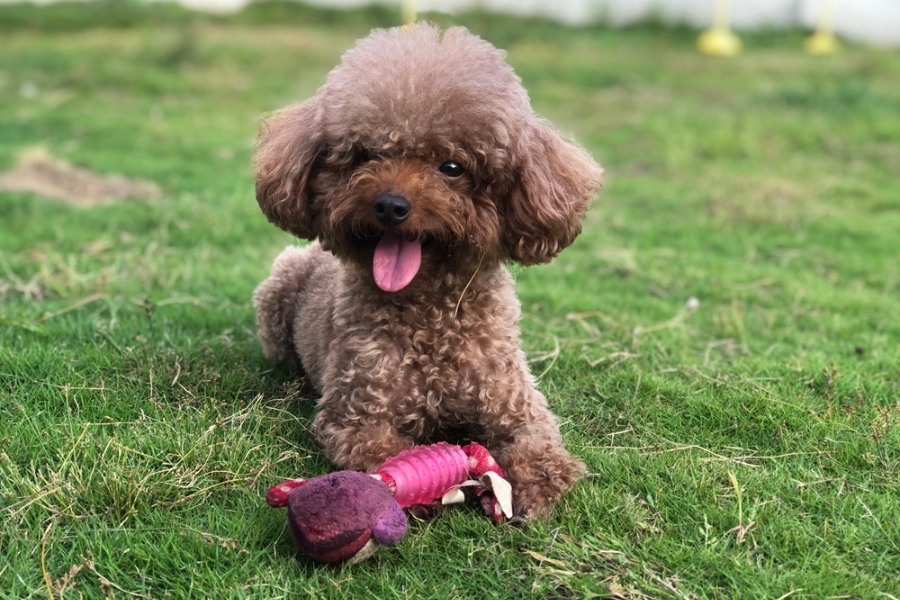
Benefits of Dog Toys
Dog toys offer a variety of benefits and can ensure their furry companions receive both physical exercise and mental enrichment:
| Benefits of Dog Toys | Description |
| Physical Exercise | Provide Poodles with opportunities for physical activity. Helps maintain a healthy weight, improves cardiovascular health |
| Mental Stimulation | Engage Poodles’ minds and provide mental stimulation. Keeping Poodles mentally sharp and preventing boredom or destructive behaviors. |
| Prevention of Boredom | Help combat boredom by providing entertainment and occupying Poodles’ attention Alleviates restlessness, reduces destructive behaviors |
| Dental Health | Promote dental health in Poodles Helps remove plaque, massage gums, and reduce tartar buildup |
Introducing new toys
How do you introduce new toys to your poodle and encourage them to play with it? What are the best ways to keep your poodle engaged in playtime and prevent boredom?
Use Treats or Rewards
To get your Poodle interested in the new toy, you might use treats or prizes as strong motivation. Treating them when they play with the toy can help them associate good feelings and rewards with it. This reinforces a favorable impression of the toy and motivates further use.
Make it Interesting
Before introducing a brand-new toy to your Poodle, make it more interesting by giving it a twist of uniqueness. To make the toy more enticing to your Poodle, rub it against your hands or shirt to impart its aroma.
Interactive Play
Use the new toy in some fun interactive games with your Poodle. You may increase the toy’s allure and prove the toy’s worth by joining in the fun. Play tug-of-war or other interactive games with the new toy, or just toss it about. If you engage in the fun, your Poodle will be more inclined to do so as well.
Rotating Toys
To keep your Poodle interested in their toys, consider switching them out on a regular basis. Put some of their old toys out of reach while you get them used to the new ones. This will help keep the “new” toys feeling fresh when you reintroduce them to your Poodle at some point afterwards.
Patience and Persistence
Some Poodles may take longer than others to warm up to new toys. It’s important to keep in mind that every dog is different and that it may take some trial and error to locate the toys that genuinely captivate their interest.


